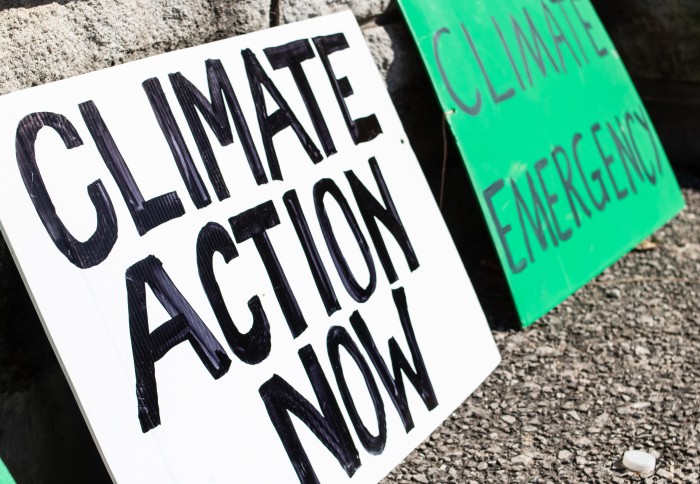Global Challenge Lab: Students come together to build climate change solutions

Students from around the world have come together to build solutions for tackling climate change, working towards a UN Sustainable Development Goal.
The 2022 Global Challenge Lab, launched by Imperial College London, Tsinghua University Beijing and the Technical University of Munich, connected 18 universities across 12 countries for a 10-day virtual innovation and entrepreneurship programme earlier this year.
This year’s programme, led at Imperial by the Enterprise Lab, was focused on building technology-driven solutions to combat climate change (UN Sustainable Development Goal 13), with projects on key areas such as Renewable Energies, Sustainable Agriculture, Natural Hazards and Urban Innovation.
The winning ideas from the programme were:
SolarCred
Students from Imperial, Indian Institute of Technology, Madras, and the University of Queensland presented a project to give households access to portions of digital panels on a solar plant that is hosted on a rented private rooftop. It is hoped that the scheme will boost the uptake of renewable energy in urban centres.
E-Parali
A project presented by students from the University of Ghana, Indian Institute of Technology, Madras and the University of Toronto that digitally empowers farmers in India to access farming equipment to reduce the amount of burning crop stubble (stems). The burning process is a method for removing crop residues from fields after harvesting. The practice contributes to issues with air pollution in parts of India.
Imperfectly Delicious
A project by students from the University of Toronto, Durham University and the American University of Beirut to turn an oversupply of “ugly” fruits and vegetables into affordable ready-to-eat meals. The project aims to reduce food waste from less aesthetically appealing produce being thrown away, as well as reduce wastage of water, fertiliser and other resources used in food production.

At the 2021 Global Challenge Lab, students were asked to develop ideas for the UN’s Sustainable Development Goal of helping people achieve good health and wellbeing (UN Sustainable Development Goal 3).
Last year’s first prize went to Team Scarlet, a project by students from Imperial, the University of Sao Paulo, University of Ghana and University of Toronto, who developed a platform to connect mothers in Sub-Saharan Africa with midwives, using existing cellular networks on analogue phones.
Other prize-winners included a trap to control mosquitoes using pheromones that naturally attract the insects and a platform to deliver medicine to rural areas by allowing village doctors to input patient records and submit delivery requests for medicine to nearby village riders.
To get involved in next year’s Global Challenge Lab as a participant, mentor or supporter, contact the Imperial Enterprise Lab.
Article text (excluding photos or graphics) © Imperial College London.
Photos and graphics subject to third party copyright used with permission or © Imperial College London.
Reporter
Conrad Duncan
Communications Division